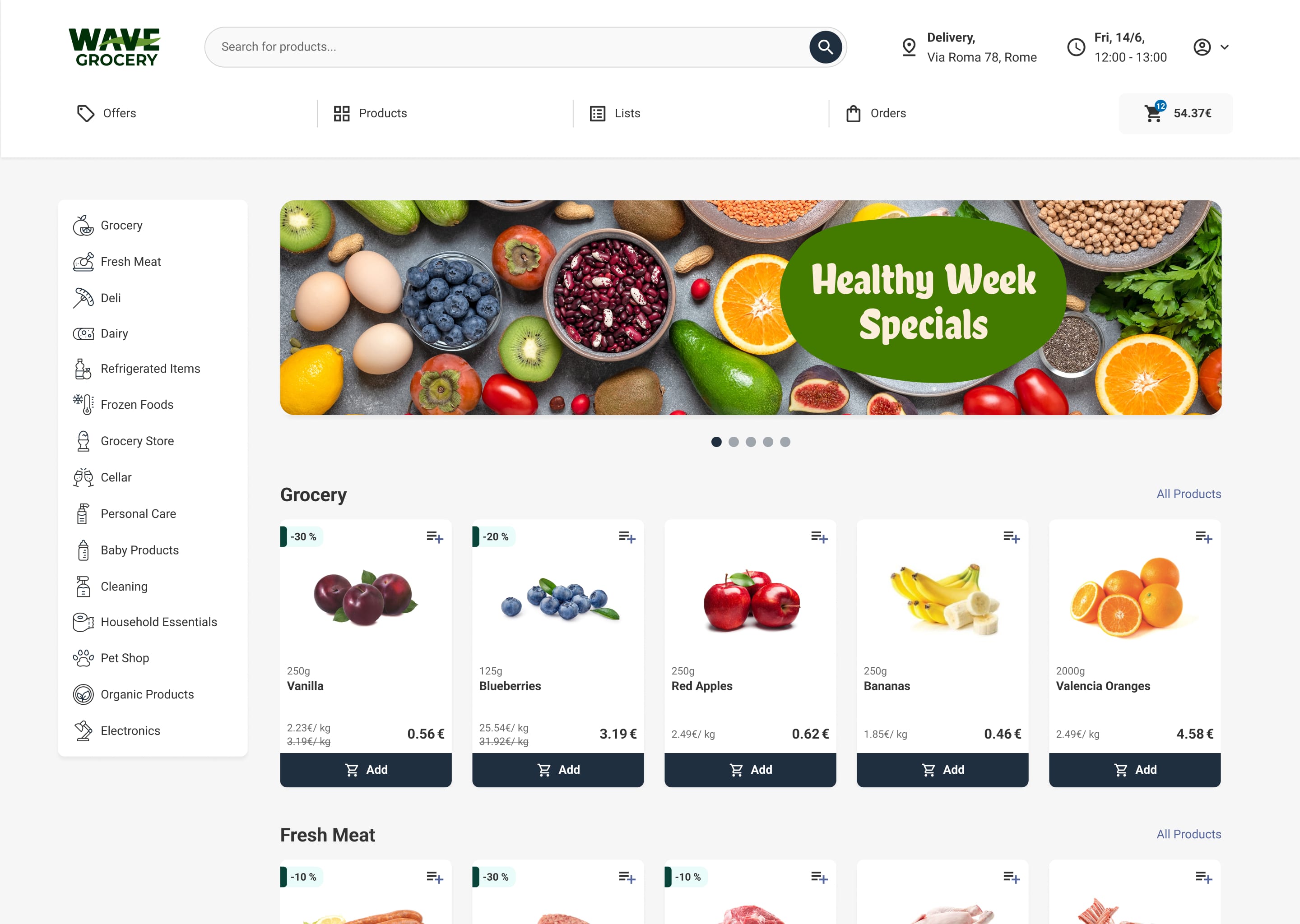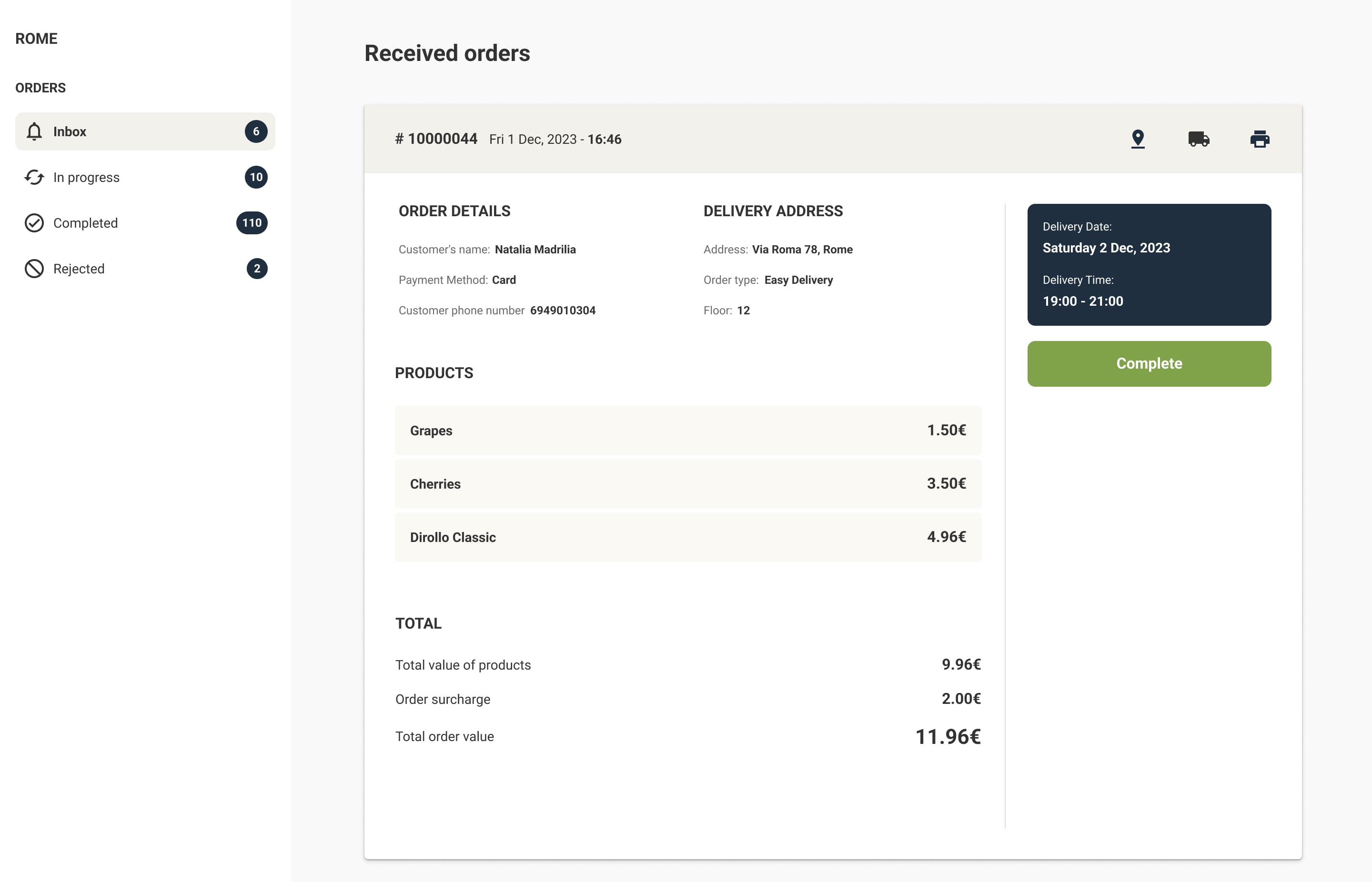Are you considering setting up a grocery business online but unsure about whether to choose ecommerce or a Marketplace? Don't worry; we've got your back.
The decision between an ecommerce platform and a Marketplace is crucial for any retailer in the constantly evolving online business landscape.
Both models facilitate online transactions, but their underlying structures and implications vary significantly.
In this blog post, we will walk you through the nuances of ecommerce vs marketplace, providing insights from industry trends and experiences to help you make informed decisions.
Understanding the basics of Ecommerce and Marketplaces
At their core, both ecommerce and Marketplaces are online stores, but the fundamental distinction lies in their approach to sellers. An ecommerce platform caters to a single seller, managing all aspects of the operation, from inventory and purchase to fulfilment.
On the other hand, a Marketplace extends its virtual shelves to multiple sellers, allowing them to offer products through a shared storefront.
For consumers, the shopping experience remains seamless, but for business owners, the operational disparities are substantial.
Here are some examples of marketplaces and ecommerce:
Ecommerce
Shopify: A leading platform for building and managing online stores.
WooCommerce: Converts WordPress websites into feature-rich online stores.
Magento: Open-source ecommerce platform offering flexible solutions.
Wave Grocery: Dedicated to covering all the needs of the online grocery shopping experience.
Marketplaces
Etsy: Specialized in handmade goods and crafts, providing a unified digital space for vendors.
Amazon: A versatile online marketplace offering a vast array of products.
Shipt: A delivery service partnering with various grocery stores.
Alibaba's Grocery Division: Connecting grocery businesses with suppliers globally.
Ecommerce vs Marketplace platform: Which is better?
When it comes to selling groceries online, there are two main options to choose from: ecommerce platforms and online marketplaces.
However, it's important to understand the key differences between them and which one would best suit your business goals.
Ownership and control: Marketplace vs Ecommerce platform
The first critical difference lies in ownership and control. A marketplace is like leasing space in someone else's mall, where you must follow their rules and regulations.
On the other hand, an ecommerce platform provides complete ownership, like having your own store where you have the final say.
Wave Grocery is the best ecommerce platform that gives you complete ownership of your online store. You have your own grocery store where you decide the rules.
Traffic and audience engagement: Drawing in the crowds
Marketplaces have an advantage when it comes to attracting customers as they bring in the crowd, offering exposure to a vast audience.
owever, this also means that there is heightened competition for attention. In contrast, ecommerce platforms require you to generate your own traffic, which takes time and effort to make your store stand out amidst the vastness of the internet.
In a survey by BigCommerce, 96% of Americans have made an online purchase, emphasizing the widespread adoption of ecommerce due to its ease of use and accessibility 24/7.
Marketing and brand recognition: Standing out in the crowd
Marketplaces may not be the best for building your brand as your products may get lost in the marketplace, and customers might remember the platform rather than your specific brand.
On the other hand, ecommerce platforms give you control over your brand. The spotlight is solely on you, aiding in better brand recognition and customer recall.
Wave Grocery allows you to build and control your brand. Your grocery store gets the spotlight, helping with better brand recognition among customers.
Time and money: Quick setup vs Long-term investment
Setting up a shop in a marketplace is quick and cost-effective, like renting space in a market where you can start selling almost instantly.
Conversely, ecommerce platforms demand a more substantial upfront investment. You are essentially investing in your own store, requiring more initial time and money but promising long-term returns.
Inventory management: Who bears the burden?
Inventory management takes a different turn in the marketplace vs ecommerce platform saga. Marketplaces alleviate sellers from the burden of storage and inventory.
It's like having a stand in a market without the hassles of stock management. Ecommerce platforms, however, necessitate that sellers take charge of storage responsibilities.
Profit margin: Who takes a cut?
The profit margin is a crucial consideration. In a marketplace setup, the platform takes a cut from your sales, potentially reducing your profit over time.
On the other hand, ecommerce platforms offer a more favorable profit scenario. You retain a larger portion of each sale, making it especially advantageous for those dealing in high-priced items.
With Wave Grocery, you retain a larger portion of each grocery sale, leading to a more favorable profit scenario compared to some marketplaces.
Scalability: From small ventures to big dreams
Scalability, the ability to grow seamlessly, differs significantly between marketplaces and ecommerce platforms.
Marketplaces, with their centralized operations, offer a smoother growth path with fewer financial risks. Ecommerce platforms, being more independent, require more time, resources, and logistical planning.
The U.S. ecommerce market is projected to grow at a steady CAGR of 9.3% from 2023 to 2028, showcasing sustained expansion and market resilience.
Final verdict
Upon examining the complexities of online grocery business models, it has been concluded that ecommerce platforms provide greater independence and control.
In the constantly evolving world of grocery sales, having your own platform gives you the autonomy to shape your brand, operations, and customer experience.
Although marketplaces offer exposure, the long-term benefits of ownership, brand recognition, and a more favorable profit scenario make ecommerce platforms a more appealing option.
Make the right choice for your grocery business - choose Wave Grocery today!
The world of online grocery sales is constantly changing, and every decision you make can have a significant impact on the future of your business.
With Wave Grocery, you can take control of your ecommerce platform, grow your business, and stand out in a highly competitive market.
Join the growing community of successful digital grocery businesses and start your journey with Wave Grocery today.








